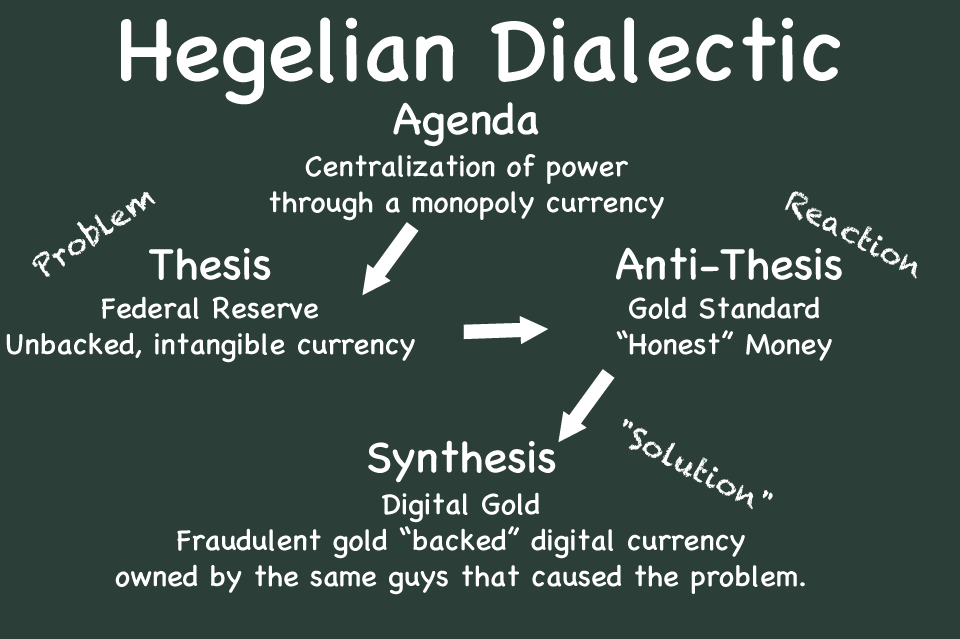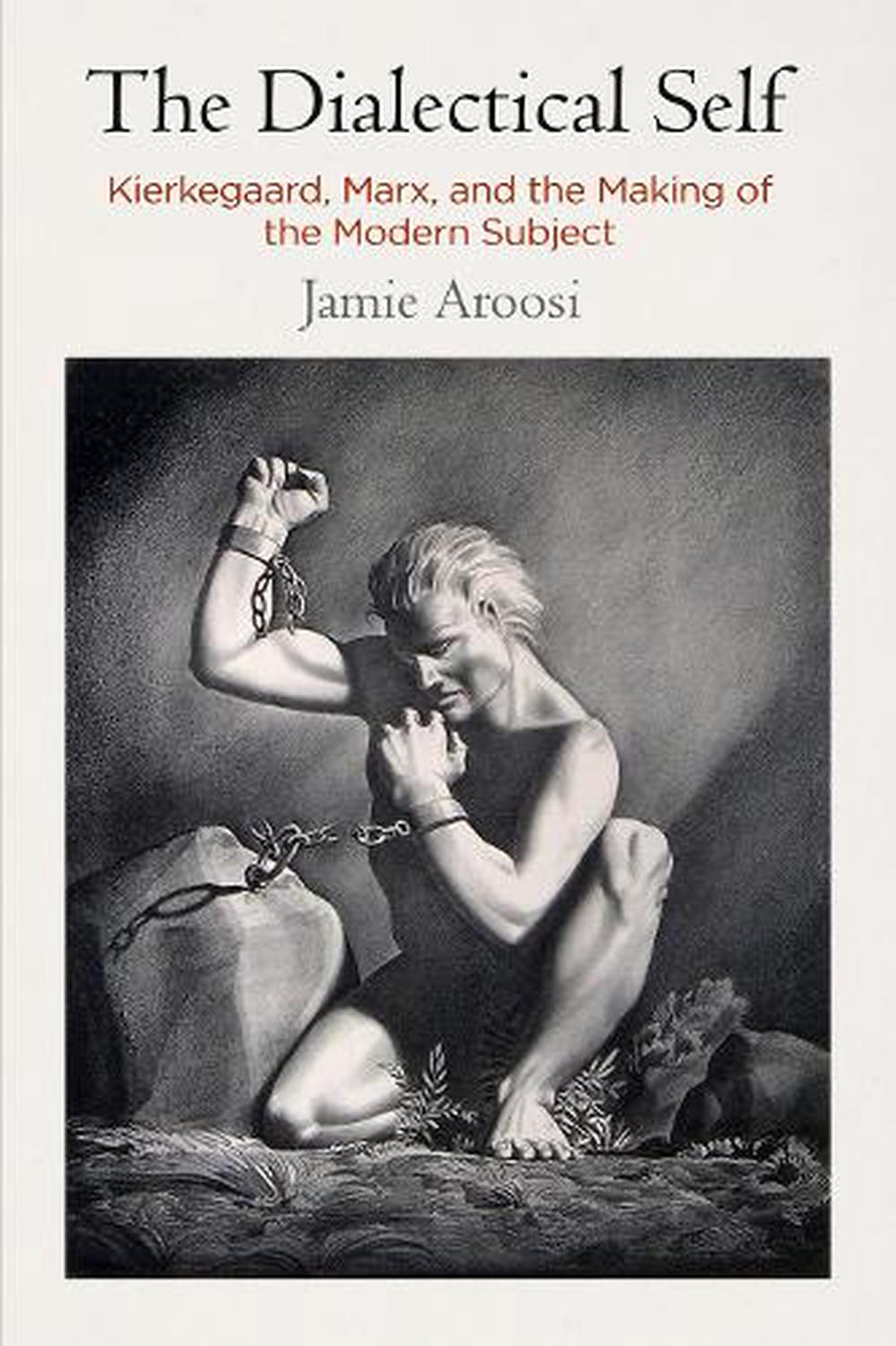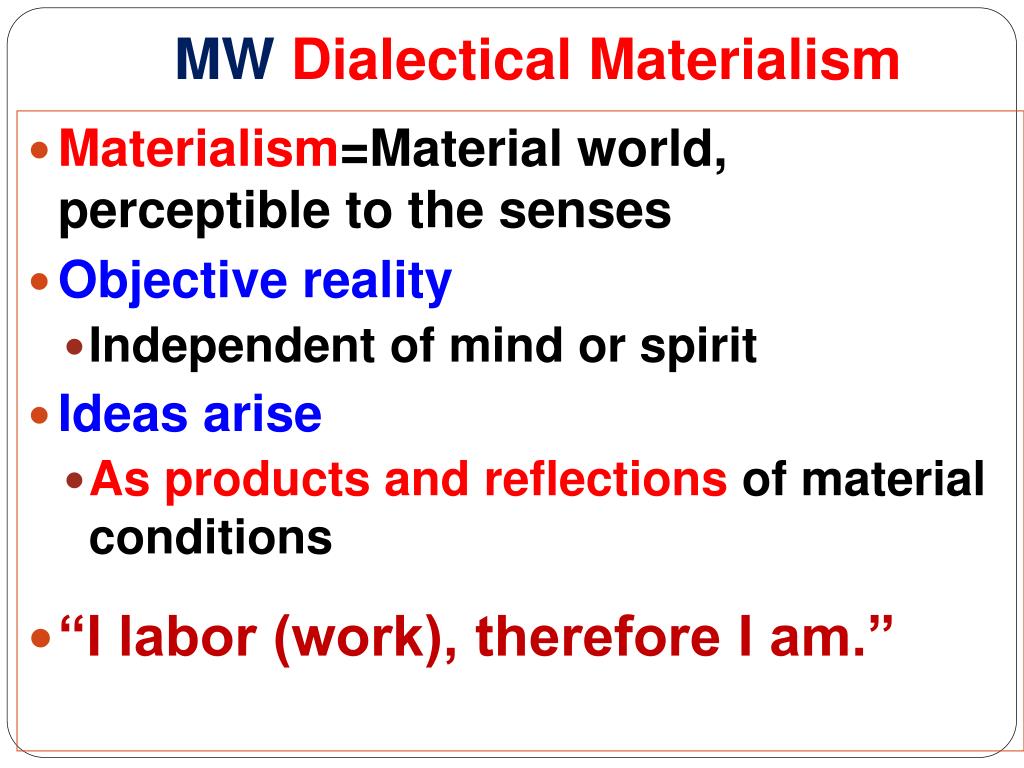
Engels, for example, notes that the negation of the negation is “extremely general-and for this reason extremely far-reaching and important” (1894/1987, 131). The tendency toward the negation of the negation is arguably at the heart of dialectical development. Finally, we look at the tendency toward the transformation of quantity into quality, which in turn allows us to understand the negation of the negation more deeply. The unity of opposites or the interpenetration of opposites, a central driving force of the dialectic is then explored. The concept around which the dialectical understanding of development revolves is the negation of the negation, which will be taken up first, before turning to the concept of sublation.

What follows is a summary of the dialectical theory of movement and change. For Engels, what is most central to dialectics is the tendency toward perpetual “motion and development” (1894/1987, 131). Dialectics presents reality as an ongoing social process nothing is ever static or fixed.ĭialectics is both a method–or a way of investigating and understanding phenomena–and a fact of existence. When the parts of the totality change, their relationship to the totality changes, and they themselves change. To comprehend this revolutionary movement we must conceive the interaction of forces as much more than the interaction of static and independent entities. Only by situating facts or ideas in the historical totality of society do they begin to make real sense. The dialectic is a powerful weapon because it breaks through the capitalist illusion of individualism and atomism and disrupts the idea that isolated facts speak for themselves. To realize this revolution the working-class must not only understand the interaction of forces behind the development of society, but it must understand itself as one of those forces. Marx wrote that he “discover the rational kernel within the mystical shell” (1867/1967, 29) of Hegel’s dialectics. Marx’s dialectics are called “dialectical materialism” in contrast with Hegel’s dialectics. What this means is that “it is not enough that thought should seek to realize itself reality must also strive toward thought.” In other words, Marx’s method entails the examination of the relationship between ideas and material reality, specifically as it pertains to class struggle and the emancipation of the proletariat. Rather, Marx’s dialectical method is based on “the unifying truth of both” (1844/1988, 154). Idealism therefore leads to the false assumption that alienation or estrangement can be overcome in the realm of thought alone, as if we could change our material reality by changing our ideas and beliefs. At the same time, Marx rejected pure idealism for substituting material reality with the idea of reality (i.e. A philosophical term, the “totality” refers to the total of existence in any given moment. In developing his method, Marx challenged what he considered to be vulgar materialism for its tendency to ignore the totality and the relationship between consciousness and material reality. Toward these ends this article introduces the major components of dialectical materialism, including the negation of the negation, sublation, the unity of opposites, and the transformation of quantity into quality. It is a method that understands that unveiling social forces must be done in such a way as to foster class-for-self-consciousness within the working class as a revolutionary force. It is a theory that grasps how many of the competing social forces driving the movement of society are often hidden or mystified, and that gives us a way of uncovering them. This article outlines Marx’s method, dialectical materialism, a theory and manner of understanding change.

There has also been a tendency to oversimplify dialectical materialism into a mechanical and deterministic dogma. There are, as a result, a great many debates about what exactly dialectical materialism is. Marx never wrote a text on dialectics or even used the term “dialectical materialism,” and so articulating Marx’s dialectic was left to Engels and those who followed. Stressing the significance of Marx’s method Lukács notes that it is a “weapon” of the proletariat and “an instrument of war” (1919/1971, 224). In 1919, for example, Georg Lukács, the Hungarian Marxist, argued that the essence of Marx’s project is not the correctness or incorrectness of his many theses, but rather, his dialectical method.

After the deaths of Marx and Engels, socialists began taking up the important task of summarizing their work for popularization.


 0 kommentar(er)
0 kommentar(er)
